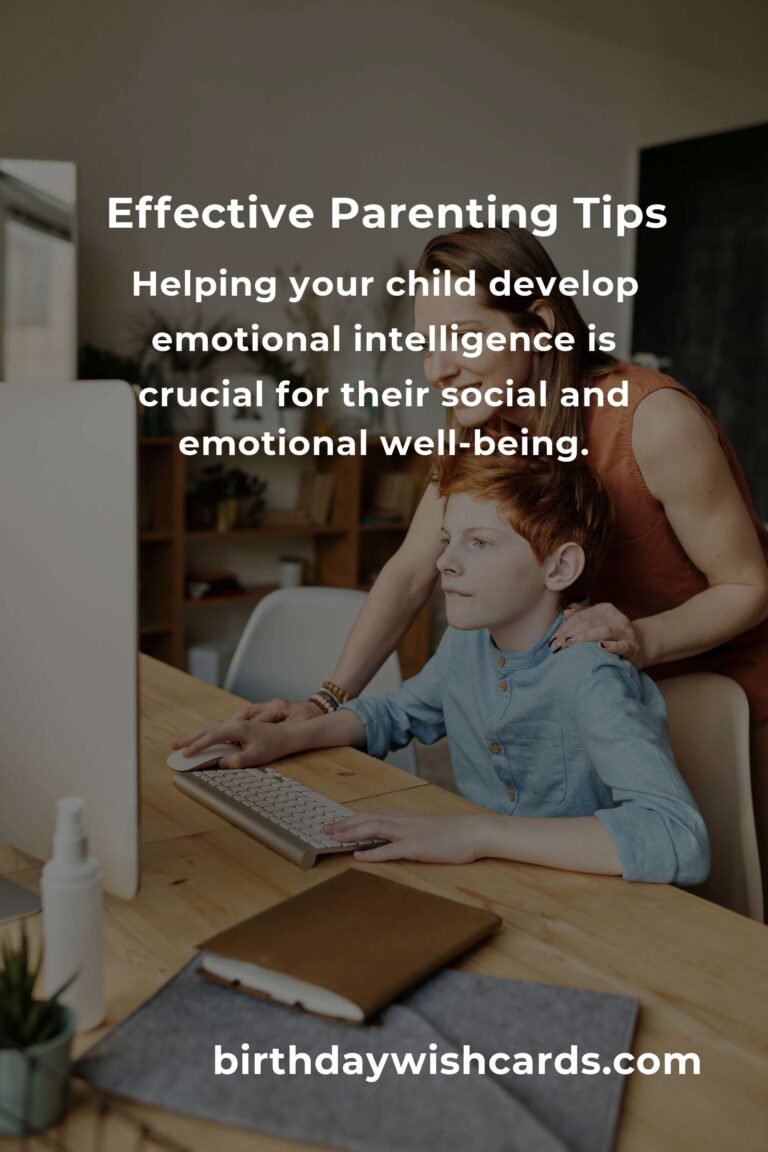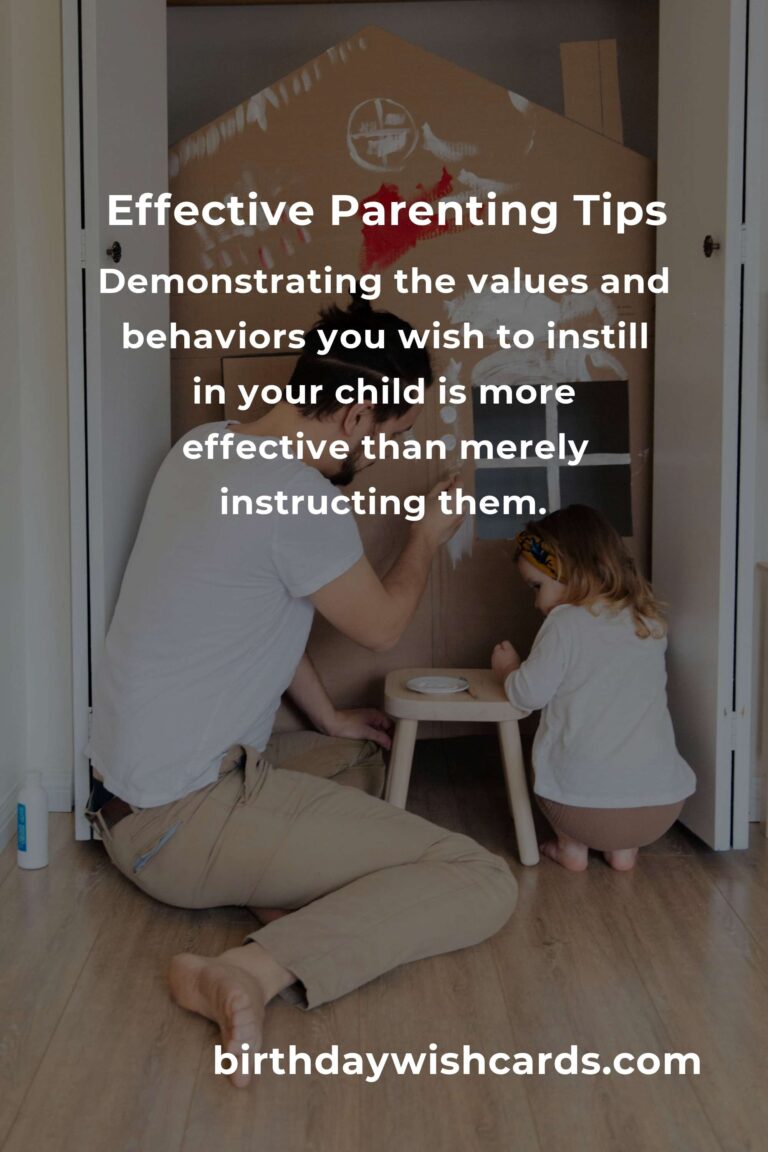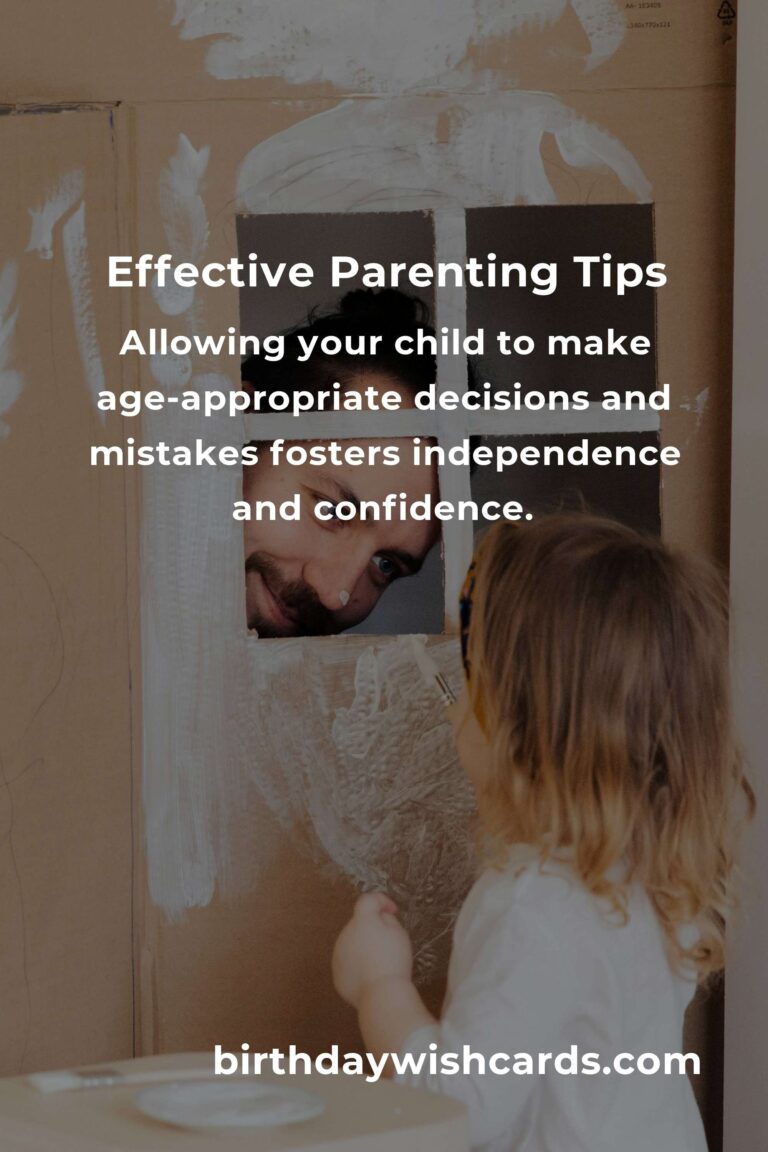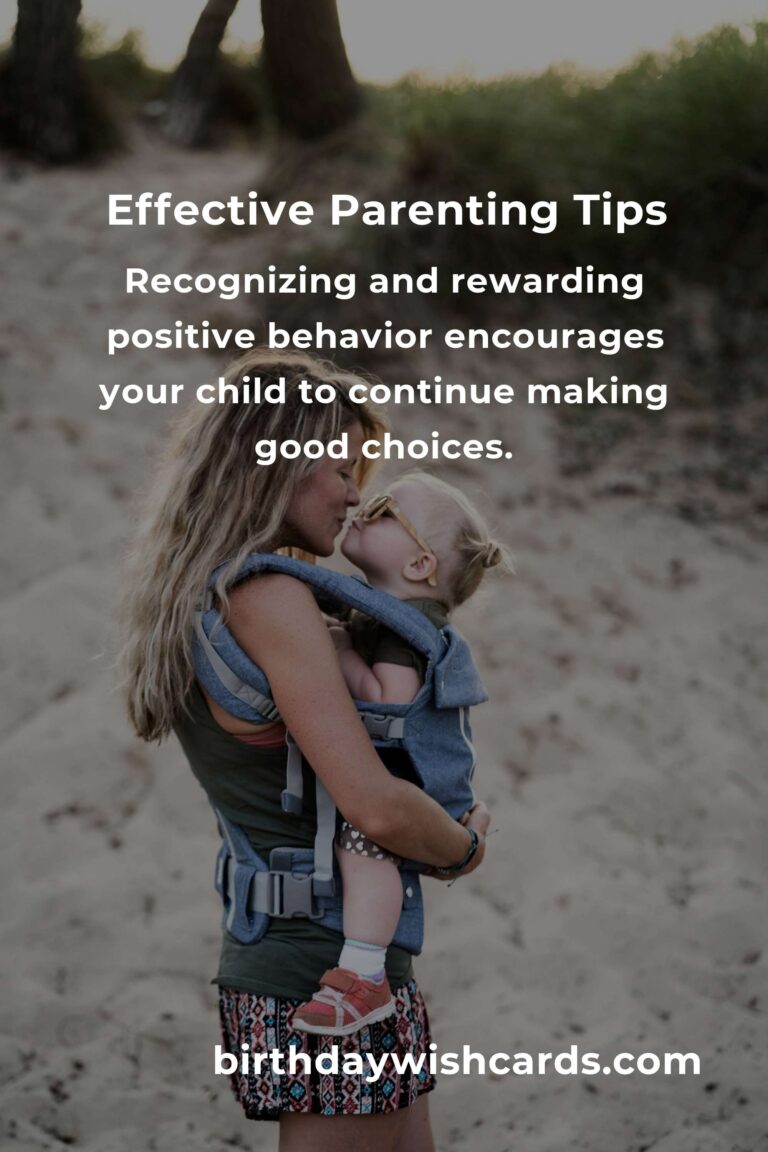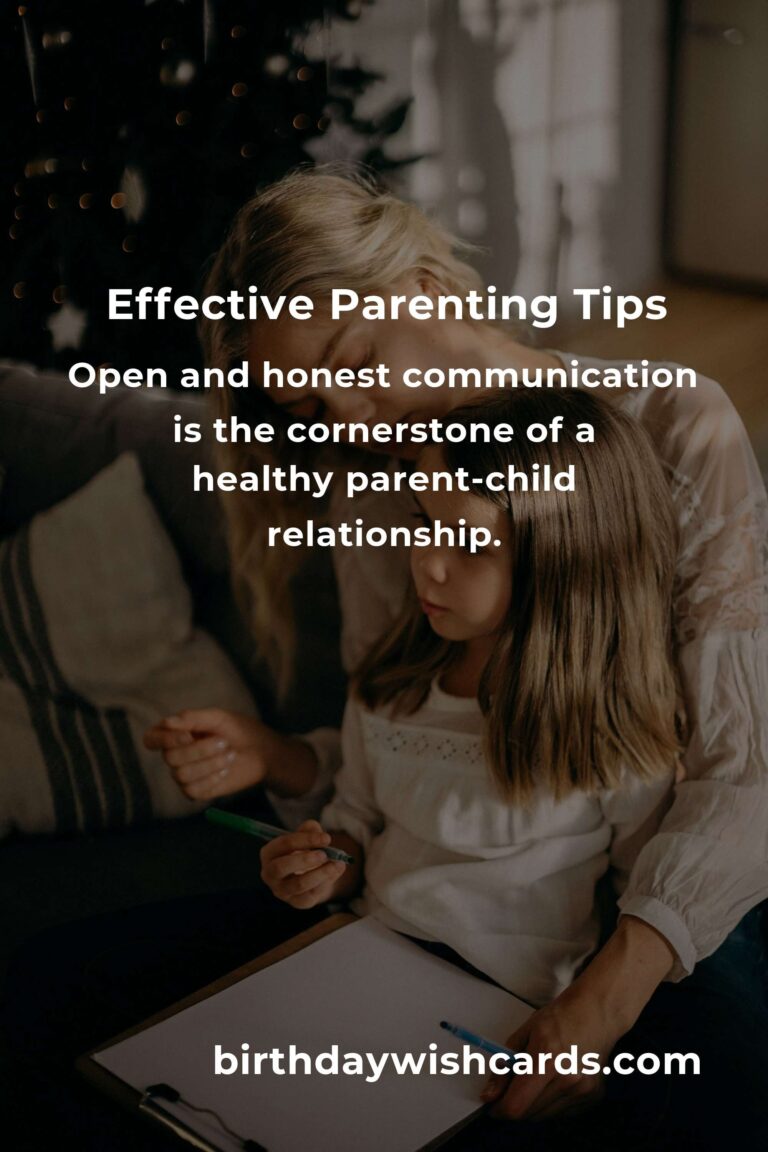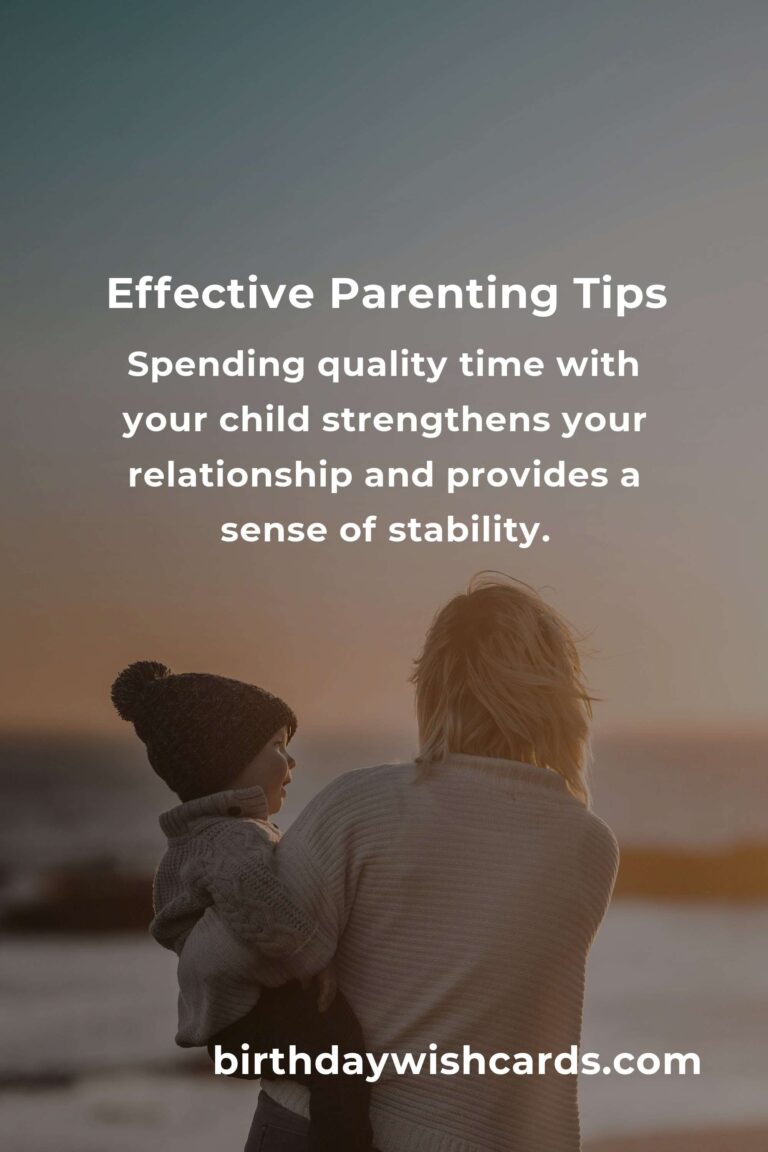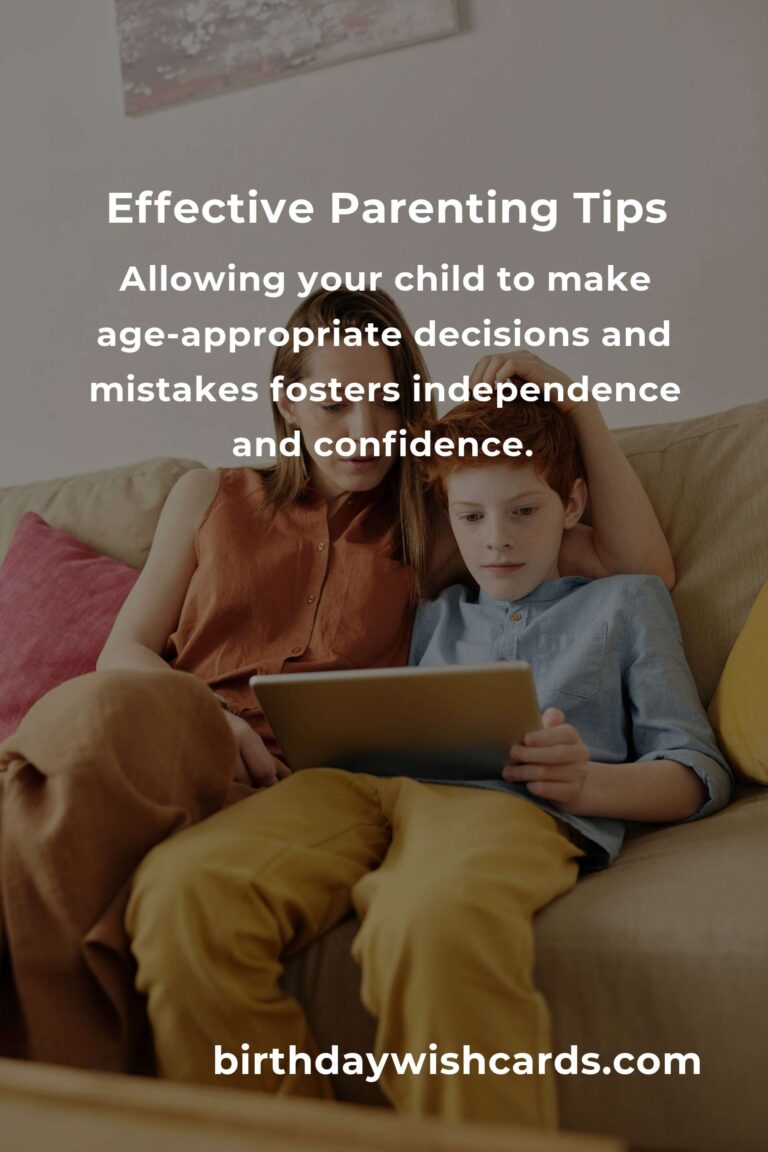
Parenting is one of the most rewarding yet challenging roles one can undertake. With the multitude of advice available, it can be overwhelming to discern what is truly beneficial. This article presents nine expert tips that provide effective parenting advice to help guide you on this journey.
1. Communicate Openly and Honestly
Open and honest communication is the cornerstone of a healthy parent-child relationship. It is essential to encourage your child to express their feelings and thoughts freely. As a parent, try to listen actively and respond empathetically. This approach builds trust and strengthens your bond.
2. Set Clear Boundaries
Children thrive on structure and clarity. Setting clear boundaries and expectations helps them understand their limits and the consequences of their actions. Consistency in enforcing these boundaries is key to fostering a sense of security and discipline.
3. Lead by Example
Children often emulate the behavior of their parents. Demonstrating the values and behaviors you wish to instill in your child is more effective than merely instructing them. Be mindful of your actions, as they set a precedent for your child’s development.
4. Encourage Independence
While guidance is important, allowing your child to make age-appropriate decisions and mistakes fosters independence and confidence. Support their autonomy by offering choices and encouraging problem-solving skills.
5. Promote a Growth Mindset
Instilling a growth mindset in your child can cultivate resilience and a love for learning. Encourage them to view challenges as opportunities for growth and to persist in the face of setbacks. Praise their efforts rather than their innate abilities.
6. Foster Emotional Intelligence
Helping your child develop emotional intelligence is crucial for their social and emotional well-being. Teach them to identify and manage their emotions, understand the feelings of others, and build healthy relationships. Model empathy and compassion in your interactions.
7. Prioritize Quality Time
Spending quality time with your child strengthens your relationship and provides a sense of stability. Engage in activities that both you and your child enjoy, and be present in the moment. This time together fosters connection and creates lasting memories.
8. Practice Positive Reinforcement
Recognizing and rewarding positive behavior encourages your child to continue making good choices. Use praise and rewards to reinforce desirable actions, and focus on their achievements and efforts.
9. Seek Support and Resources
Parenting can be demanding, and it’s important to seek support when needed. Connect with other parents, join parenting groups, or consult professionals for guidance. Accessing resources and sharing experiences can provide valuable insights and reassurance.
In conclusion, effective parenting requires a combination of communication, example-setting, and emotional support. By implementing these expert tips, you can nurture a loving and supportive environment for your child’s growth and development.
Open and honest communication is the cornerstone of a healthy parent-child relationship. Setting clear boundaries and expectations helps children understand their limits and the consequences of their actions. Demonstrating the values and behaviors you wish to instill in your child is more effective than merely instructing them. Allowing your child to make age-appropriate decisions and mistakes fosters independence and confidence. Instilling a growth mindset in your child can cultivate resilience and a love for learning. Helping your child develop emotional intelligence is crucial for their social and emotional well-being. Spending quality time with your child strengthens your relationship and provides a sense of stability. Recognizing and rewarding positive behavior encourages your child to continue making good choices. Parenting can be demanding, and it’s important to seek support when needed.
#ParentingTips #EffectiveParenting #ParentingAdvice #ChildDevelopment #FamilyTime


